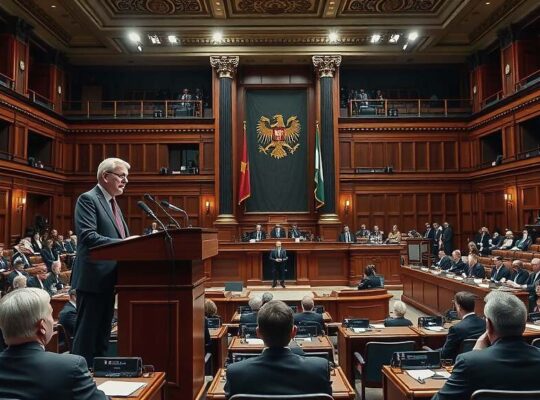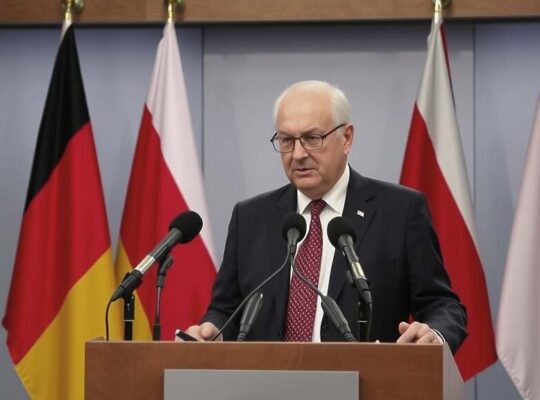The German government is charting a course to drastically reduce reliance on Chinese technology within its national mobile network infrastructure, according to a confidential strategy paper leaked to the Handelsblatt. The plan, spearheaded by Digital Minister Karsten Wildberger (CDU), signals a significant shift in Germany’s network policy and raises critical questions about its relationship with China and the future of European technological sovereignty.
The core aim is to cultivate a more secure and resilient network ecosystem centered on European providers. Thomas Jarzombek, Parliamentary State Secretary at the Digital Ministry, emphasized this ambition, stating the ministry intends to “strategically strengthen the market position of trustworthy companies and minimize technological dependencies through diversified supply chains”. This represents a departure from the current landscape, where Chinese vendors have historically held considerable market share within Germany’s network infrastructure.
The strategy hinges on fostering market-driven conditions, actively shaping European influence within international standardization bodies and adopting a long-term industrial vision spanning five to ten years. Notably, the document suggests the willingness to intervene in potential acquisitions of European network providers by foreign investors as a measure to safeguard national interests. This points to a more assertive government role, potentially sparking concerns about market distortion and protectionism.
A key element involves re-evaluating the perception of security standards, which have been traditionally viewed as costly burdens for network operators. The ministry proposes regulatory adjustments and targeted funding programs to incentivize investment in “trustworthy” providers, ensuring economically viable returns on security-focused deployments. Critically, this could place significant financial pressure on operators currently utilizing less expensive, but potentially less secure, Chinese-made equipment.
The push for greater European involvement in standardization processes – particularly those defining the protocols for the upcoming 6G network – is another central pillar. Jarzombek highlighted the current imbalance, with Chinese representatives dominating these crucial standardization committees while European participation remains comparatively limited. The determination to reshape this dynamic has vast implications, as standardization bodies dictate the security protocols governing data protection within next-generation networks. Failing to secure a greater voice could leave Germany vulnerable to backdoors or vulnerabilities embedded within future technologies. While laudable in its goals, the plan’s feasibility and potential impact on Germany’s economic ties with China remain subject to debate and scrutiny.












